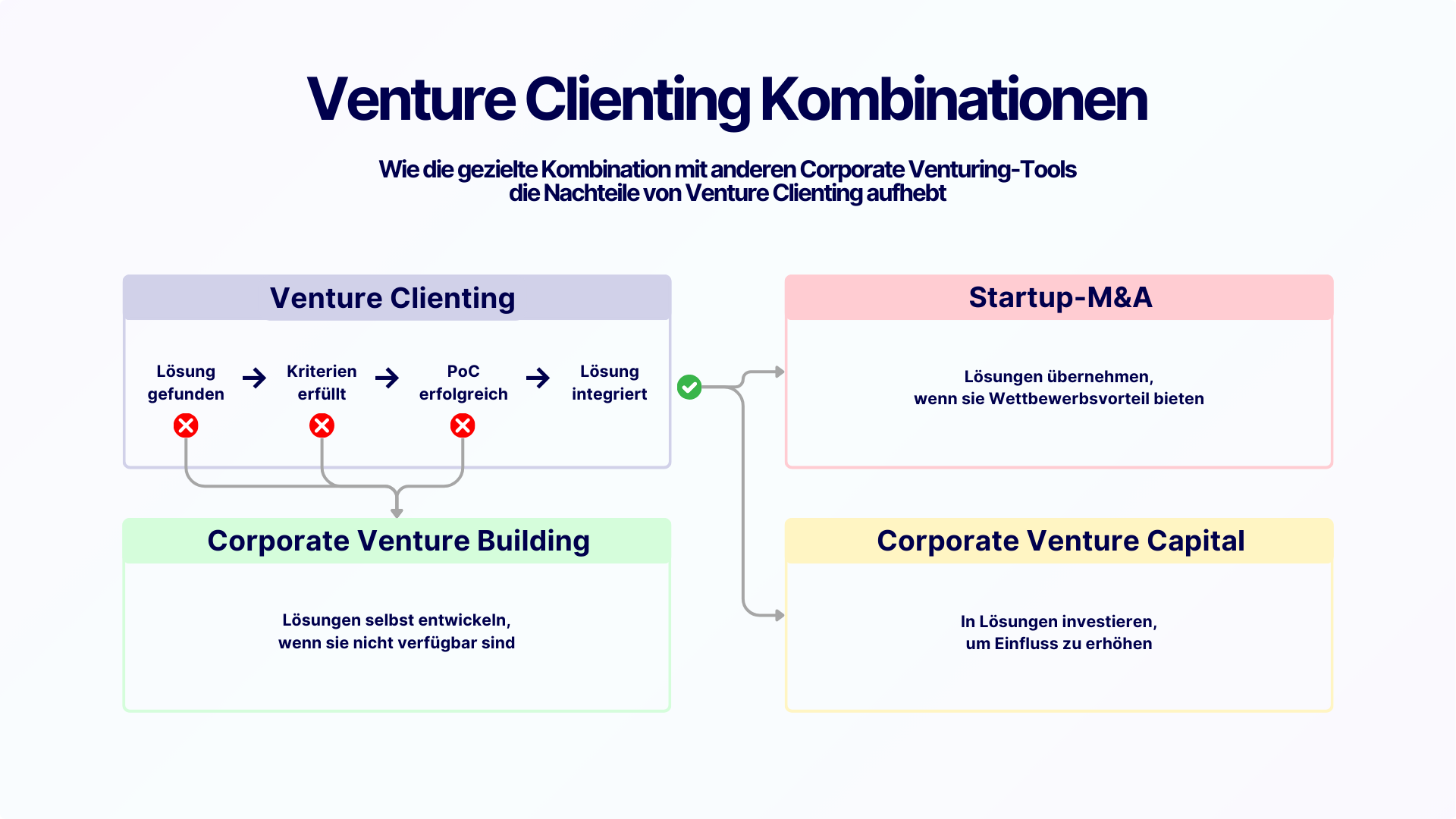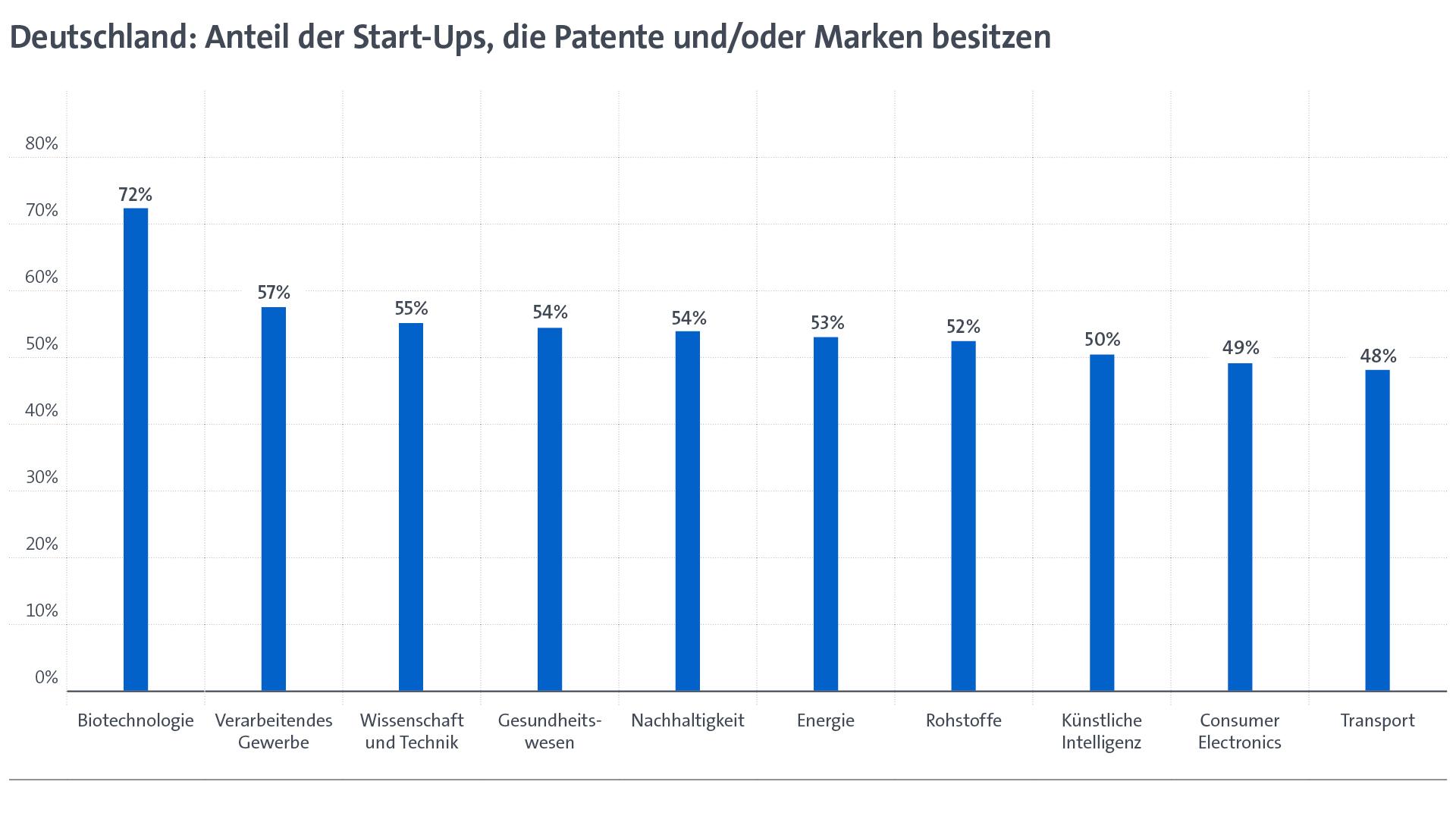Hiring employees: What founders need to consider

No company can be built up as a one-man show in the long term. But hiring employees is a complicated process with many bureaucratic pitfalls. An overview of the most important stumbling blocks.
Geniuses have a reputation for being rather socially unacceptable. The image of the troubled inventor working alone in his garage has been shaped by famous eccentrics such as Nikola Tesla. However, this is not really practicable if a good idea is to become a functioning company. It doesn't work without employees. Nobody has the overview and the skills to do everything themselves in the long term; you need experts in all areas, from HR management to sales and marketing.
However, selecting employees and hiring them correctly is not that easy. The requirements are expectedly strict, especially in Germany, and a personnel mistake can be expensive, especially at the beginning of a company's history. A short checklist for prospective employers.
How do I find the right employees?
Very important: Don't just start searching wildly. Founders should think very carefully about which tasks they actually need help with. For example, do they need a marketing expert or someone who is familiar with sales? In addition, it should be immediately clear how much working time the new colleague should bring with them and how much budget is available for their salary. The more specific the requirements and the offer, the more likely it is that a suitable candidate will be found.
Particularly in the early stages of a company, it may make sense not to hire a full-time employee straight away. Instead, a mini- or midi-jobber may be sufficient at first. In this case, for example, social security contributions are largely eliminated; only lump sums have to be paid. Student assistants also avoid many of the formalities that are required for full-time employees.
Company founders can of course use the usual portals for their search. Job portals such as Stepstone are a first port of call. There are also special portals for start-ups, such as startupjoblist.com, as well as newsletters for the scene. For early employees in particular, it can also be worth scanning your own network to see if there is a suitable candidate in your circle of acquaintances.
What formalities do I need to observe?
Regardless of which employment relationship the employee enters into, they will always need a clean employment contract. There are a few things that absolutely need to be included, such as working hours, place of work, vacation arrangements, probationary period and notice periods. Templates are often available online - for example from the chambers of industry and commerce - but you are on the safe side if you consult a lawyer.
Once the employment relationship is under contract, the employer must apply for a company number from the Federal Employment Agency in order to officially register as an employer. This can now also be done online. This number is then needed, among other things, to pay social security contributions. This can be done at the health insurance fund responsible for the employee. The employee must provide the necessary documents - such as a membership certificate and pension insurance number.
In addition to social insurance, employees must also be registered with the statutory accident insurance. This pays for accidents at work and occupational illnesses. The employer pays the contributions here, so there are costs for the employer. Last but not least, the tax office also expects a report on the new employees. This is because the employer must withhold income tax for them. This can now also be done online. How high the rate is depends on the payment, ranging from 0 to 50 percent. The employee's tax class also plays a role here.
When producing and selling food, a visit to the health authority is also required. This is because they also expect a notification and a clearance decision from the public health officer for the employee.
What costs should I expect?
Employees are not cheap. Prospective employers should therefore calculate the actual costs, which always exceed the gross salary, in advance. As already described, they must add health, pension, unemployment and long-term care insurance to the actual salary, as well as statutory accident insurance. On top of this, there are also pay-as-you-go payments (employer protection against long-term absence of its employees) to the health insurance funds and insolvency money (employee protection in the event of insolvency).
It is difficult to make general statements, but costs of around 20 percent are usually added when a start-up takes on new employees. With a gross salary of 2,000 euros, the so-called employer's gross salary without company pension scheme, church tax and the like adds up to 2,400 to 2,500 euros for tax class 1.
But if you want to get out of your own garage in the medium term, there's no getting around it.

Newsletter
Startups, stories and stats from the German startup ecosystem straight to your inbox. Subscribe with 2 clicks. Noice.
LinkedIn ConnectFYI: English edition available
Hello my friend, have you been stranded on the German edition of Startbase? At least your browser tells us, that you do not speak German - so maybe you would like to switch to the English edition instead?
FYI: Deutsche Edition verfügbar
Hallo mein Freund, du befindest dich auf der Englischen Edition der Startbase und laut deinem Browser sprichst du eigentlich auch Deutsch. Magst du die Sprache wechseln?















